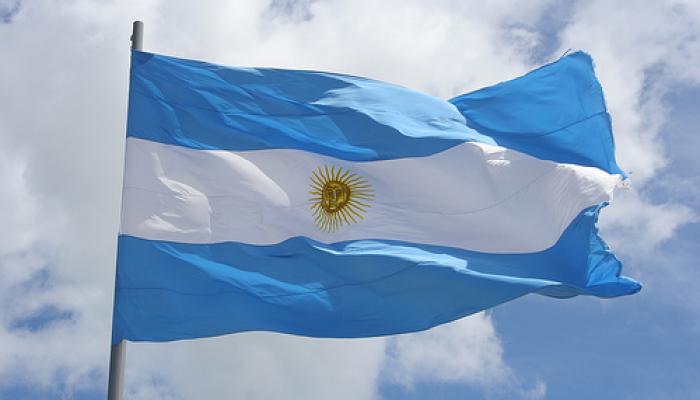After three consecutive successes of the Front for Victory “Frente para la Victoria”, with a project of popular and national leanings in Argentina, the second and final round of presidential elections in the South American country ended with a 2.8 percent vote advantage for the candidate of the right-wing coalition “Cambiemos” or Let's Change, businessman Mauricio Macri, who on December 10th will be taking over from incumbent president Cristina Fernandez.
Conservative sectors are thus returning to power in Argentina, a nation they had left in a deep economic and financial crisis that devastated the economy and sent hundreds of thousands into poverty.
When Mauricio Macri takes office, he will find instead a stable economy, with a very low unemployment rate – which by the end of the second quarter of this year was 5,9%, the lowest in almost three decades – in addition to the lowest debt since the 1970s and important advances in healthcare, housing and education.
Whatever happens from now on will be the responsibility of the new government, whose plans include a possible currency devaluation, reduced public spending and weakening the role of the state in the economy and the market.
This is a program designed following the tenets of free-market, neo-liberal capitalism, guided by the interests of the United States and its transnational corporations, and bound to have a severe impact on the population, especially the most vulnerable sectors.
It remains to be seen what the attitude of the new government will be regarding the attacks of the so-called "vulture funds", aiming to collect one hundred percent of the deeds of Argentina's public debt, which they bought for pennies amid the country's last crisis at the turn of the century.
Incumbent President Cristina Fernandez has kept a dignified, firm defense of sovereignty and the national interests against such an onslaught, seen as immoral and illegal.
The new president-elect, Mauricio Macri, must also decide what role his country will play in novel integration mechanisms established in the region, such as the Union of South American Nations and the Community of Latin American and Caribbean States, among others.
During his election campaign, Macri expressed willingness to downplay these mechanisms and to bring the country closer to other pro-U.S. schemes, like the Trans-Pacific Treaty.
In any case, the Macri administration will be under the scrutiny of the more than 12 million Argentinian citizens who voted for his opponent, Daniel Scioli, in an effort to preserve the social and economic gains obtained under the previous governments.
There can be no doubt that the victory of Macri and the conservative right in Argentina is a blow to the progressive forces in this country and throughout the region. Yet, it should not be seen as a catastrophe, but as an opportunity for progressive political forces to reflect on mistakes made and the areas left unattended, especially in the field of ideas and thinking, where there are gaps and shortages that remain to be addressed.


